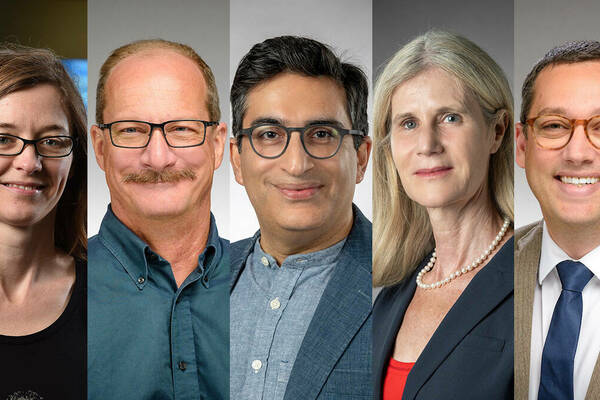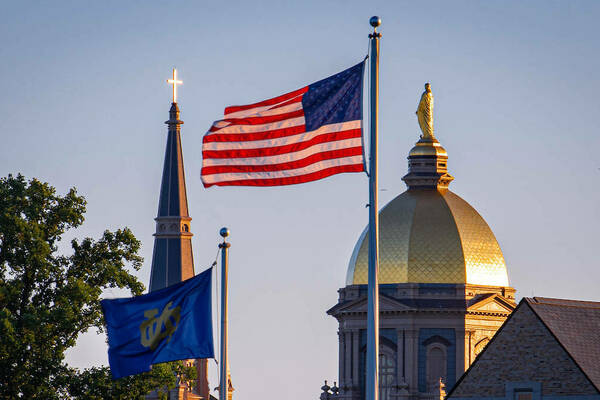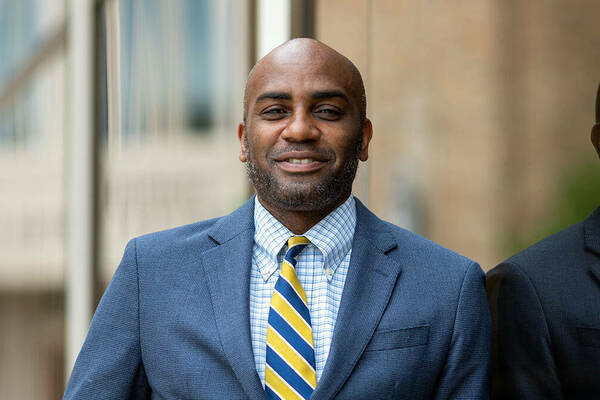

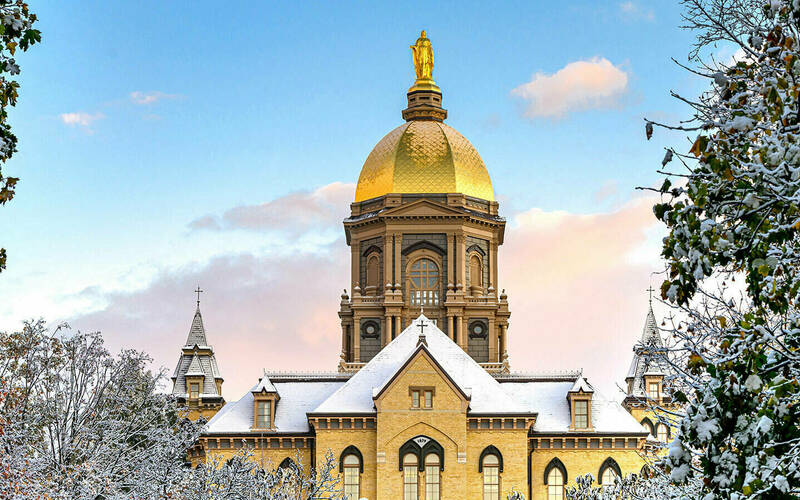
Becoming the Notre Dame the world needs
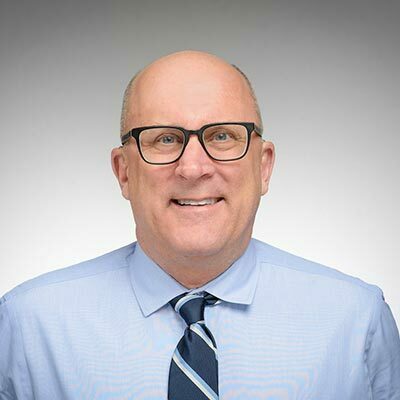
John T. McGreevy
The University of Notre Dame must be the leading global Catholic research university, on par with but distinct from the world's best private research universities. This effort to educate students and conduct research at the highest level animated by a shared Catholic mission is one of the most exciting and consequential experiments in global higher education.
As provost, John T. McGreevy is Notre Dame’s chief academic officer and is responsible for the stewardship of this mission, serving as the principal representative of the academy to both internal and external constituencies and leading strategic academic initiatives on behalf of the University. Working with the associate provosts, the vice president for research, the deans, the University librarian, and other academic leaders, he seeks to cultivate a learning community that challenges and engages students, inspires leading research and scholarship, and appreciates all intellectual inquiry as a pursuit of truth.
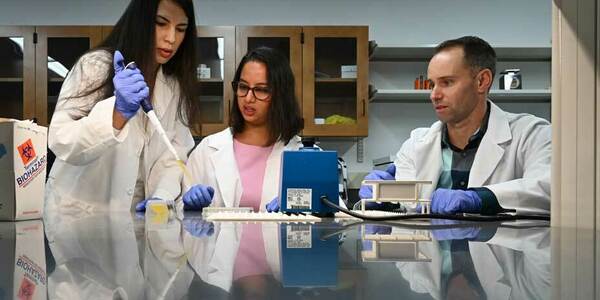
Since its earliest days, the University has been guided by a bold vision for scholarship and discovery.
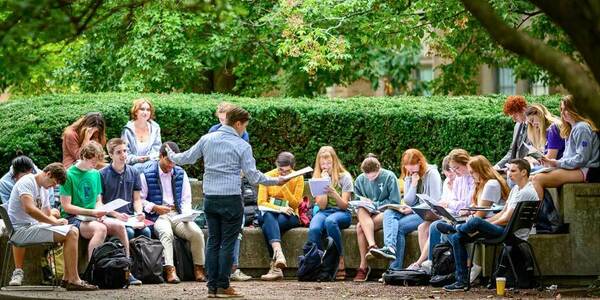
Dedication to the undergraduate student is and always will be at the core of Notre Dame’s academic mission.
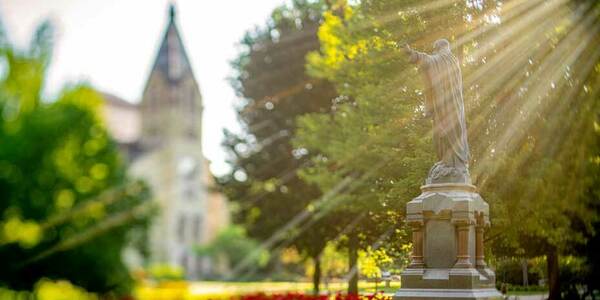
Notre Dame's Catholic identity is one of its greatest assets, thanks in no small part to the dialogue it inspires.
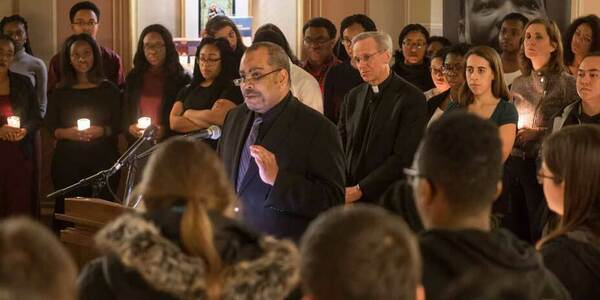
The University thrives as a scholarly community precisely because it embraces the individual perspectives of faculty and students.
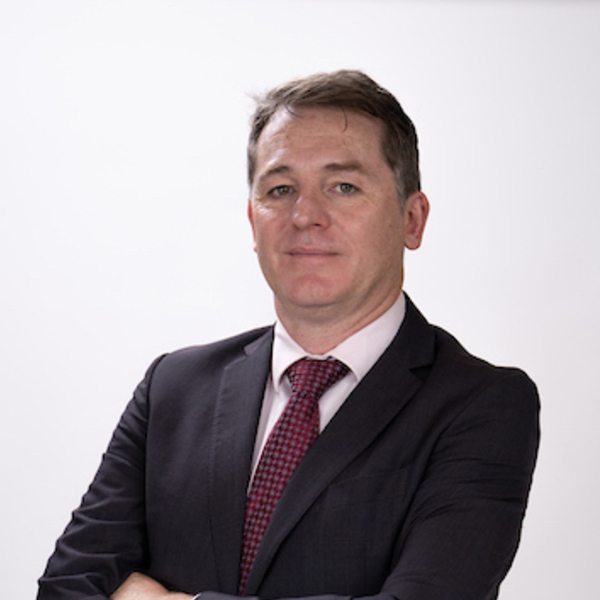
Keough Family Chair of Irish Studies,
Professor of Comparative Literature
"Literature and culture do not stop short at political or linguistic borders, but travel through their own, transnational channels. What brought me to Notre Dame and has made it a uniquely fulfilling place for me to work is the meaningful connections it has with the rest of the world, perhaps especially with Ireland. It is a privilege to teach Notre Dame students on both sides of the Atlantic and see how the study of literature enables them to grow and develop in ways which will continue to bear fruit for long after they graduate."

